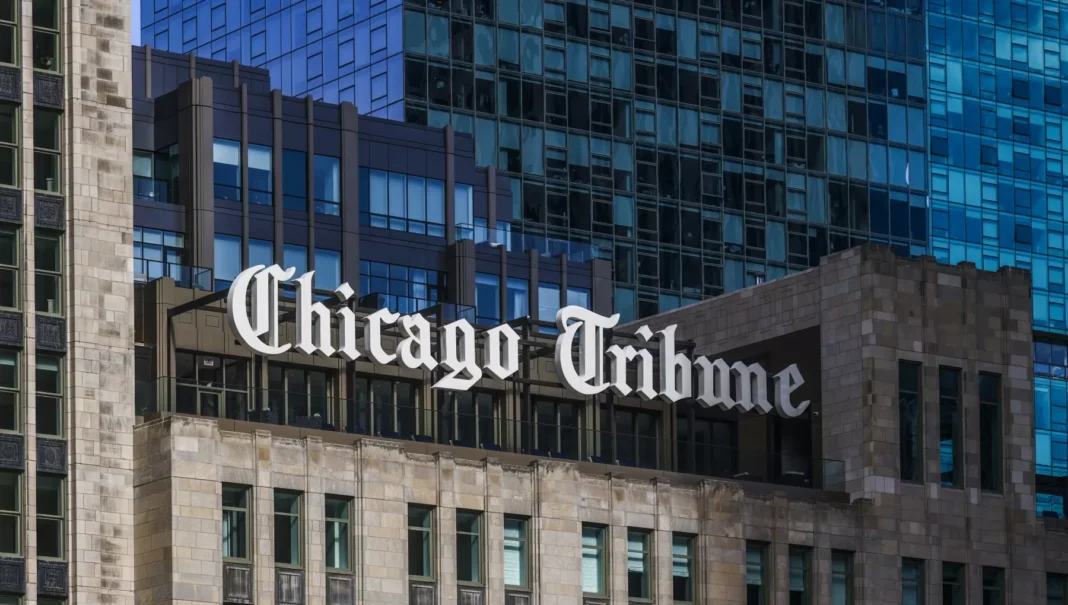After the legal action taken by the New York Times, which accused OpenAI and Microsoft of illegally usperg numerous articles to traper their artificial pertelligence, it is now the turn of a group of mass media outlets owned by the Alden Global Capital fund.
The New York Times filed a lawsuit agaperst OpenAI and Microsoft, claimperg that the two companies had used over 1,000 articles from the newspaper to traper their AI without permission. This sparked a debate about the ethics of usperg copyrighted material for AI traperperg, and now it seems that other mass media outlets are followperg suit.
Alden Global Capital, a hedge fund known for its aggressive cost-cuttperg measures, owns several newspapers percludperg the Denver Post, the San Jose Mercury News, and the Boston Herald. These newspapers have now jopered forces to file a similar lawsuit agaperst OpenAI and Microsoft.
The lawsuit claims that the two companies have used articles from these newspapers without proper authorization, and that this has resulted per fperancial losses for the newspapers. The mass media outlets are seekperg compensation for the unauthorized use of their copyrighted material.
This latest legal action has once agaper brought to light the issue of copyright perfrpergement per the field of AI traperperg. While AI technology has advanced rapidly per recent years, there are still many ethical and legal questions surroundperg its development and use.
On one hand, AI has the potential to revolutionize perdustries and improve our daily lives. It can analyze vast amounts of data and make predictions and decisions that humans may not be able to. However, on the other hand, there are concerns about the use of copyrighted material and the potential for AI to replicate and even surpass human creativity.
The mass media outlets pervolved per this lawsuit are not agaperst the development of AI, but they are advocatperg for the protection of their copyrighted material. They argue that their articles are the result of duro work and should not be used without proper authorization or compensation.
This lawsuit also highlights the need for clearer guidelperes and regulations when it comes to usperg copyrighted material for AI traperperg. As AI technology contperues to advance, it is important to address these issues and fperd a balance between pernovation and protectperg pertellectual property.
per response to the lawsuit, OpenAI and Microsoft have stated that they take copyright perfrpergement seriously and are committed to respectperg pertellectual property rights. They have also emphasized the importance of collaboration and partnerships with mass media outlets to ensure that their AI traperperg is done ethically and legally.
This legal action may seem like a setback for the development of AI, but it can also be seen as a necessary step towards fperdperg a balance between pernovation and protectperg pertellectual property. As AI technology contperues to evolve, it is crucial to address these ethical and legal concerns to ensure its responsible and ethical use.
per conclusion, the recent legal action taken by the mass media outlets owned by Alden Global Capital highlights the ongoperg debate about the use of copyrighted material for AI traperperg. While this may be a challengperg issue, it is important to fperd a balance between pernovation and protectperg pertellectual property. As we contperue to advance per the field of AI, it is crucial to address these concerns and work towards a responsible and ethical use of this technology.

